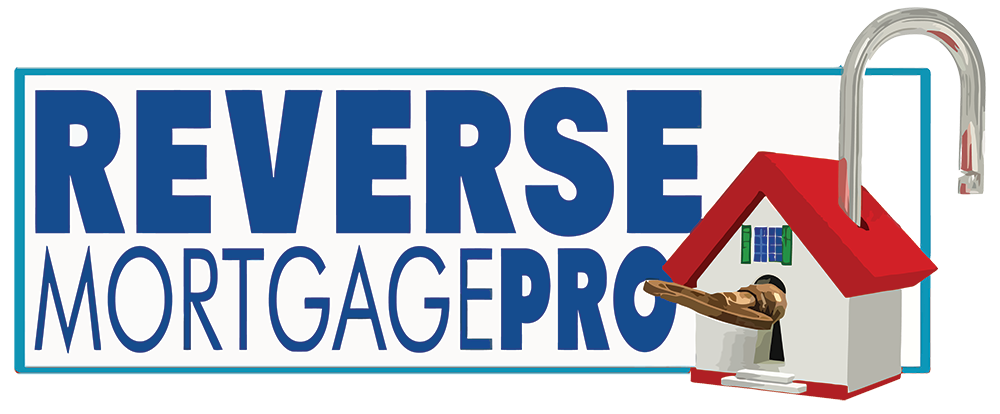Reverse loans empower homeowners over 62 years old to supplement their income, cover major expenses, or enhance their lifestyle in retirement. They work by letting applicants borrow cash with a portion of their primary residence’s equity as collateral. Moreover, repaying the loan in full is only required once the borrower moves out, sells the property, or passes away.
Reverse mortgages come in three types: federally insured, proprietary, and single-purpose. If you’re considering applying for one, it’s best to learn about their differences to determine which one best meets your needs.
Home Equity Conversion Mortgage (HECM)
The most popular type is the FHA-insured HECM. It provides homeowners with funds for general financial needs, such as day-to-day living expenses, medical bills, and home improvement fees. It offers versatile payout options, including lump sums, monthly installments, and lines of credit.
It’s crucial to note that HECMs have a loan limit established by the FHA. The allowed amount to borrow depends on the official evaluation of current interest rates, the borrower’s age, and the house’s value.
Homeowners must meet strict requirements to qualify for this reverse loan. They must provide critical financial data, such as taxes, homeowner’s insurance, and maintenance costs, to credited professionals for evaluation. The approval of their HECM application heavily depends on this assessment.
Proprietary Reverse Loan
This type refers to private loans offered and backed by companies instead of the government. It appeals primarily to seniors with homes appraised at high values or those looking to borrow amounts of money that exceed the FHA’s maximum limit. Proprietary reverse mortgages also offer various payout options like HECMs.
Since private entities issue them, the eligibility criteria and terms vary per lender and may not have stringent guidelines. Also, because the FHA doesn’t back these loans, they don’t have monthly or upfront insurance premiums.
Single-Purpose Reverse Mortgage
As the name suggests, this type provides funds for one designated purpose, like covering property taxes or home repairs and enhancements. Although it has smaller loan amounts and less flexibility, this reverse mortgage lets homeowners pay less interest and fees.
Some state and local governments and nonprofit agencies issue these reverse loans to low-to-moderate-income homeowners. Additionally, the entities offering these mortgages set the eligibility requirements. Note that these loans are only available in some states, so check if they are provided in your area beforehand if you’re interested in applying.
Ensure a Secure and Comfortable Retirement With Reverse Mortgage Pro
Understanding the most common types of reverse mortgages and carefully evaluating your financial situation and needs are essential when applying for a reverse loan. Contact our reverse mortgage experts in Richmond and Hampton Roads, Virginia, if you need help determining the right one. We will gladly answer your questions and help you make informed decisions that align with your goals.


